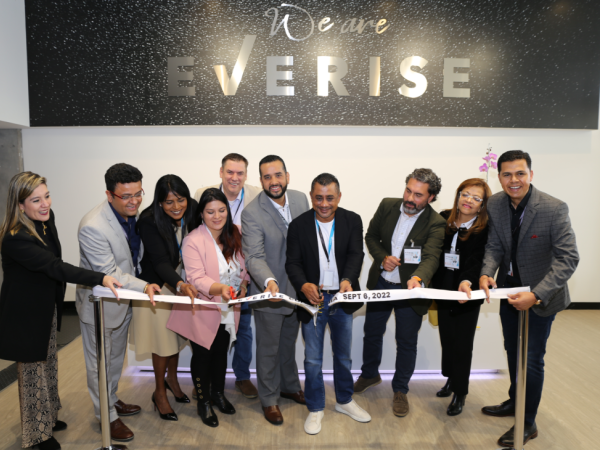The spokeswoman for the Supreme Court, Ángela Vivanco, gave her impressions after the results of the exit constitutional plebiscite, where the Rejection option overwhelmingly exceeded the Approval.
In that sense, he indicated that “this process, from the point of view of participation and the operation of the electoral bodies, has been an impeccable process. From that point of view, the result is overwhelming and corresponds to broad citizen participation and a system that It has worked with transparency and with the legal correctness that was expected”.
“The process that is coming is the one that the country estimates, resolves and determines the way in which broad adjustments can be made, reforms to the Constitution according to what has been resolved here and of course to the visions that the various sectors have,” complement.
Other things addressed by Vivanco was the communication maintained with the Constitutional Convention throughout the constituent process.
“We were summoned at the beginning of the work of the Convention, he was the president at that time. And he was able to give some general guidelines of what we saw in this matter. But they were guidelines that did not have a text on which to pronounce, rather how we watched the process,” he said.
Later “a long time came when there was a text and there we did not have the facility to be able to communicate with the Convention. And then we were able to communicate with it, but when the period was practically over,” he added.
That is why he indicated that “I value the plenary session (Supreme) as well, the communications that we were able to have, but I wish this had been more continuous over time and we could have had a more active participation in the bulk of the time that this It was not possible”.
In any case, he commented that “it has nothing to do with wills or good or bad dispositions, but that the time in which they worked was a very limited time and that did not give the possibility of having permanent contact with the different organs on which they were was pronouncing the Convention”.
“That is an important lesson, that it is possible to work with the appropriate times and to be able to have permanent communication in those great matters of the State. The Judicial Power is not a service, it is a power of the State and from that point of view it is important to be able to accompany the process and the work that is being done, recognizing of course the independence of those who are in a commission or a convention appointed by the sovereign people,” he reflected.
“We would have liked it to be a more permanent dialogue and we hope that in any process that begins now that will be a reality and that it can be achieved,” he concluded.








